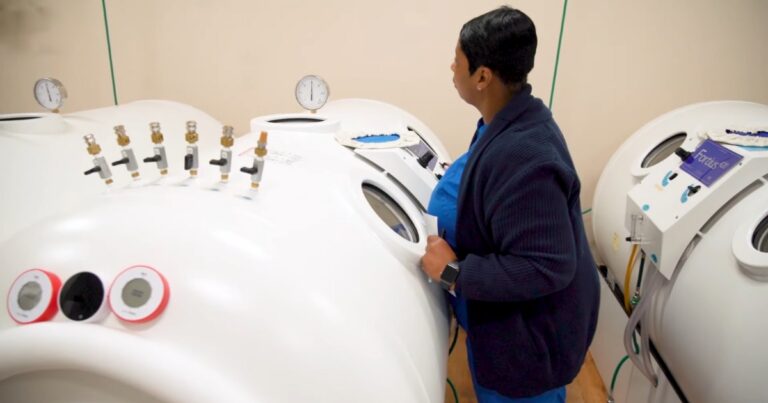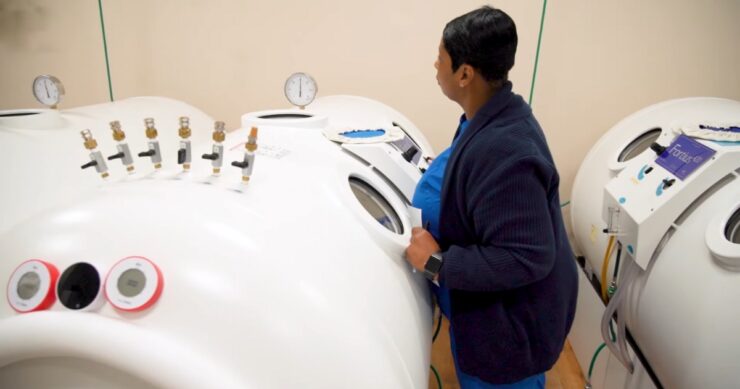In the complex world of dietary health and wellness, food sensitivity tests have emerged as a popular tool for individuals seeking to understand how their bodies react to certain foods. Unlike food allergies, which can cause immediate and potentially life-threatening reactions, food sensitivities involve a more delayed, often subtle, immune response, making them harder to identify. This article delves into the nuances of food sensitivity testing, focusing on the critical aspect of timing and its impact on the accuracy and usefulness of test results.
The Basics of Food Sensitivity
Before diving into the specifics of testing, it’s essential to understand what food sensitivity entails. Food sensitivities can manifest in various ways, including gastrointestinal issues, skin problems, headaches, and fatigue, often several hours or even days after consuming the offending food.
This delayed reaction is primarily due to the involvement of Immunoglobulin G (IgG), a type of antibody that plays a role in the body’s immune response to food proteins perceived as threats. Learn more about food sensitivity tests at rxhometest.com.
Deciphering Food Sensitivity Tests
Food sensitivity tests typically measure the IgG antibodies in the blood to different foods, aiming to identify which ones may be causing adverse reactions. These tests can cover a wide range of foods, from common culprits like dairy and gluten to more specific items like certain fruits, vegetables, or spices. However, it’s crucial to approach these tests with a nuanced understanding, as the presence of IgG antibodies to certain foods doesn’t always signify a problematic sensitivity.
Timing: The Critical Component

The timing of a food sensitivity test is paramount for several reasons. Firstly, the level of IgG antibodies can fluctuate based on recent exposure to specific foods. Taking a test too soon after eliminating a suspected food from your diet might not provide accurate results, as the antibody levels could diminish, leading to a false negative. Conversely, consuming a large amount of a particular food right before testing could artificially inflate antibody levels, potentially resulting in a false positive.
Pre-Test Considerations
Before undergoing a food sensitivity test, it’s essential to maintain a varied diet that includes potential trigger foods. This approach ensures that if your body produces IgG antibodies in response to certain foods, these will be present in detectable levels during the test. Consultation with a healthcare professional can also provide valuable guidance on how to prepare for the test, considering your unique dietary habits and health history.
The Role of Elimination Diets
An elimination diet, where you remove suspected sensitivities from your diet and gradually reintroduce them, can complement food sensitivity testing. However, the timing of an elimination diet in relation to testing is crucial. Ideally, testing should occur before starting an elimination diet to establish a baseline of how your body reacts to various foods. This baseline can then be referenced when reintroducing foods to pinpoint which ones may be causing symptoms.
Post-Test Strategies
After receiving your test results, it’s important to carefully reintroduce the identified foods into your diet one at a time, monitoring for any adverse reactions. This step is where the timing of the test becomes even more critical. If the test was taken at an optimal time, when your diet included a broad range of foods, the results are more likely to guide you accurately through the reintroduction phase.
Considerations for Retesting

Deciding when to take a follow-up food sensitivity test is another aspect where timing plays a crucial role. Retesting too soon may not give your body enough time to adjust to dietary changes and could lead to misleading results. Generally, waiting several months and maintaining a consistent diet during this period can provide a clearer picture of how your sensitivities may have evolved.
The Impact of Seasonal Variations
Seasonal changes can also affect food sensitivities, particularly for foods that are more commonly consumed or available during specific times of the year. Being mindful of this factor when scheduling your test can help ensure that your results reflect your sensitivities throughout the year, providing a more comprehensive understanding of how your body reacts to different foods.
The Interplay with Other Health Factors

Finally, it’s essential to consider other health factors that may influence food sensitivities and the timing of testing. For instance, stress, hormonal fluctuations, and changes in gut health can all affect your body’s response to food. Discussing these factors with a healthcare provider can help determine the most appropriate time for testing, ensuring that the results are as informative and useful as possible.
Addressing Emotional Well-being
The timing of food sensitivity tests isn’t just about biological readiness; it also involves emotional preparedness. The idea of eliminating cherished foods can be daunting, as these often hold deep cultural and emotional significance. It’s crucial to approach testing at a time when you’re mentally ready to potentially alter your diet, avoiding periods of high stress or major life upheavals.
Support from healthcare professionals or dietitians during this time can be invaluable, offering not only clinical insights but emotional guidance as well. They can help reframe the narrative around dietary changes, emphasizing the discovery of new, enjoyable foods and the overall benefits to your health and well-being. By considering both the physical and emotional aspects of timing, you can embark on the journey towards understanding your food sensitivities with resilience and a positive outlook.
Conclusion
Food sensitivity tests offer valuable insights into how our bodies react to the foods we eat, but their accuracy and usefulness hinge significantly on timing. From the preparation phase to post-test strategies and considerations for retesting, understanding when to take these tests—and why timing matters—can make all the difference in navigating the complex landscape of food sensitivities.
By approaching these tests with a well-informed strategy regarding timing, individuals can gain a clearer, more actionable understanding of their dietary health, leading to more personalized and effective nutritional choices. You can explore our website for additional insights and interesting topics.
Related Posts:
- Hollywood’s Most Well-Endowed Celebs - Size Matters!…
- How Long Does It Take to Get a UK Sponsorship…
- Why My AC Is Not Cooling: Tips for Troubleshooting…
- Why Do My AirPods Cut out Randomly? - Troubleshooting Guide
- Celebrity Beauty Secrets: Exploring Who Uses…
- Tips and Tricks for a Seamless Website and Content…











